Red Hat Middleware: Mind the gap
Red Hat Middleware is a family of lightweight, cloud-friendly, enterprise-grade products that help you innovate faster and smarter. It bridges your applications to Red Hat's trusted infrastructure.
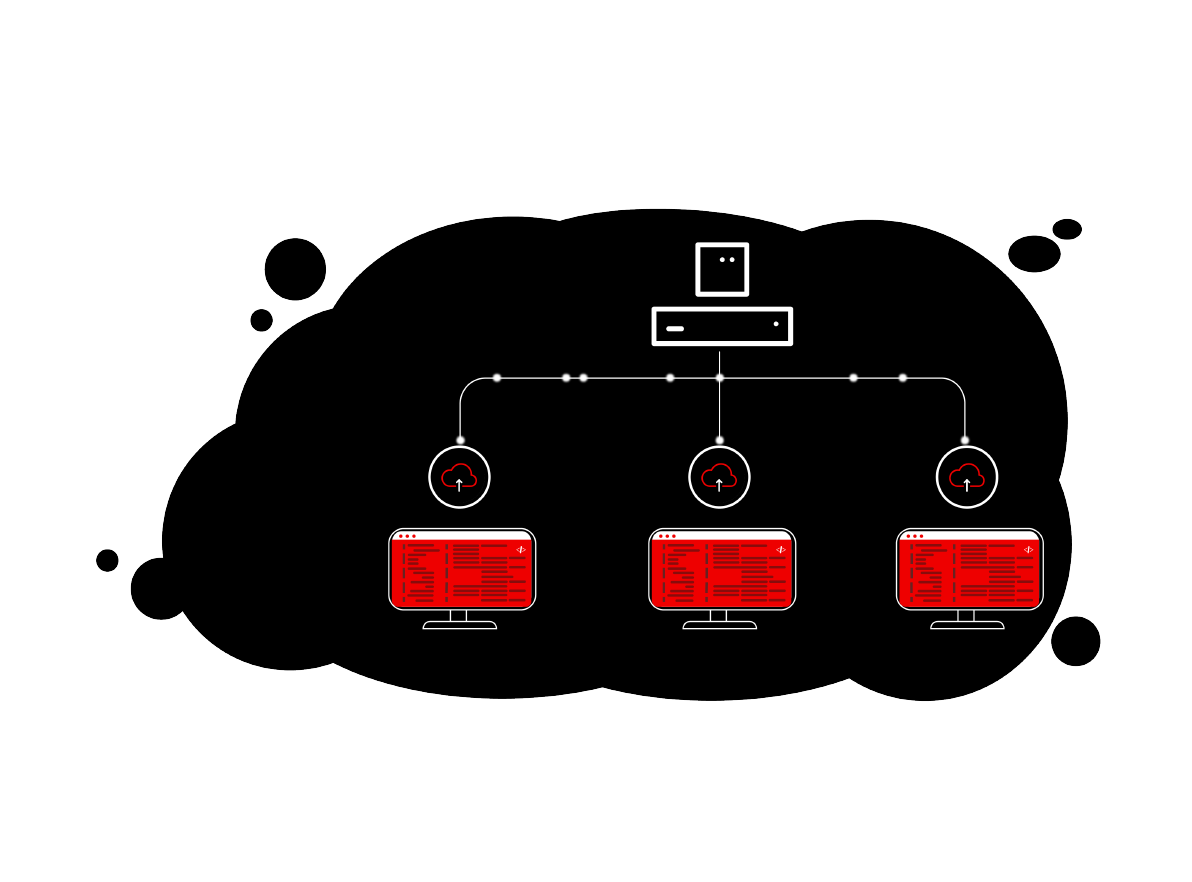
Why Red Hat Middleware?
The Red Hat portfolio of middleware products gives developers, architects, and IT leaders the ability to create, integrate, and automate applications. The portfolio has been engineered together to help develop, implement and run business applications cost-effectively at scale. Red Hat Middleware can run on-site, in the cloud, or within a container platform, like Red Hat OpenShift.
The Red Hat Middleware portfolio consists of Runtimes and Integration product sets that help you create a connected and flexible application environment.
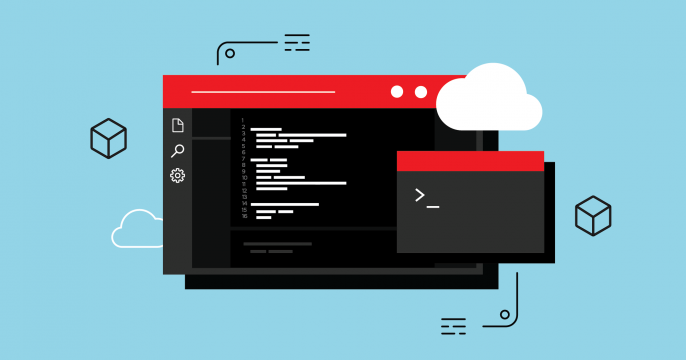
This page helps you get started with Red Hat OpenShift Dev Spaces.

Resources to help you make the most of Red Hat OpenShift Dev Spaces.
Latest Middleware articles
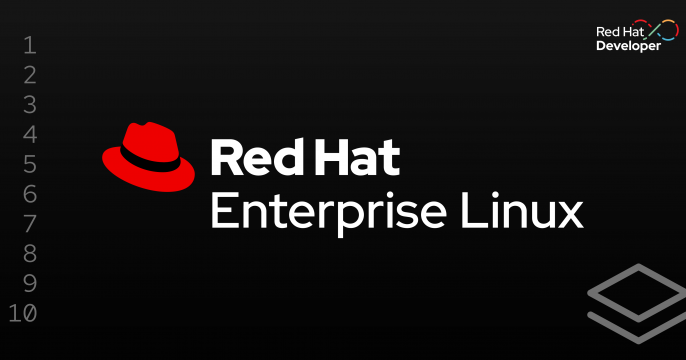
Discover the RHEL 10.1 new features and updates, designed to improve the...
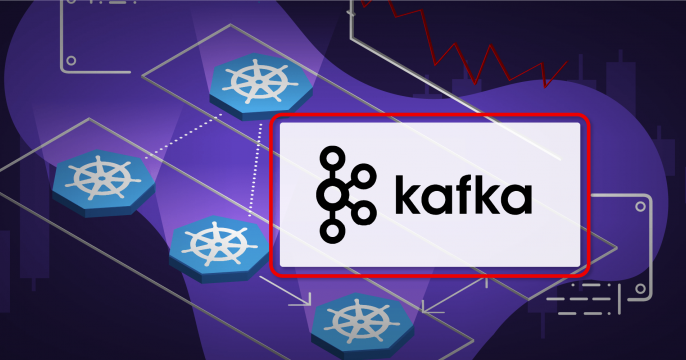
Learn how to choose between ActiveMQ Artemis and Apache Kafka, messaging...
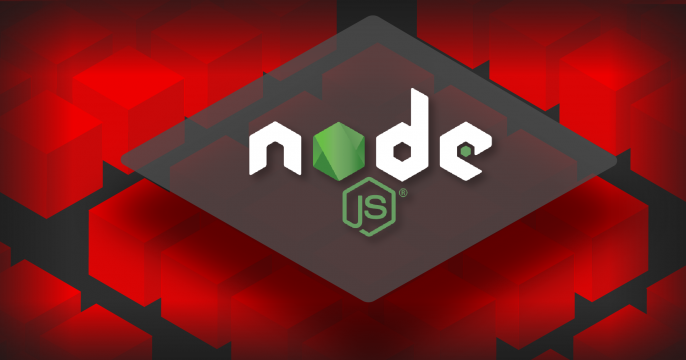
Dive into Node.js 20's container-aware memory management. Understand default...
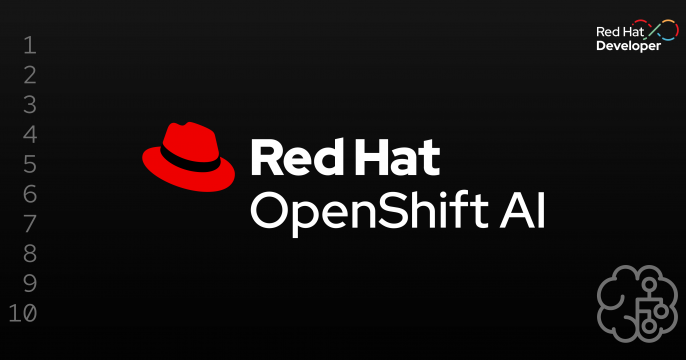
Deploy DialoGPT-small on OpenShift AI for internal model testing, with...
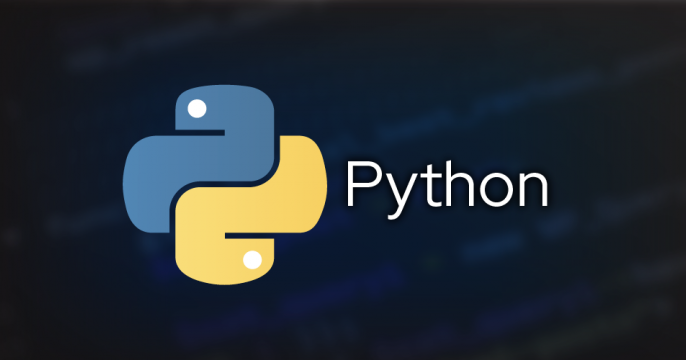
Enhance your Python AI applications with distributed tracing. Discover how to...
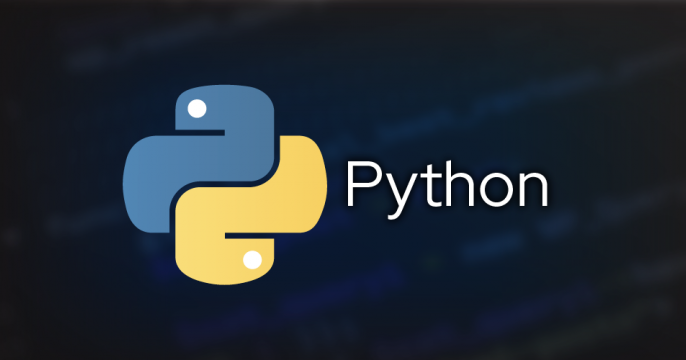
Learn how to implement Llama Stack's built-in guardrails with Python, helping...
